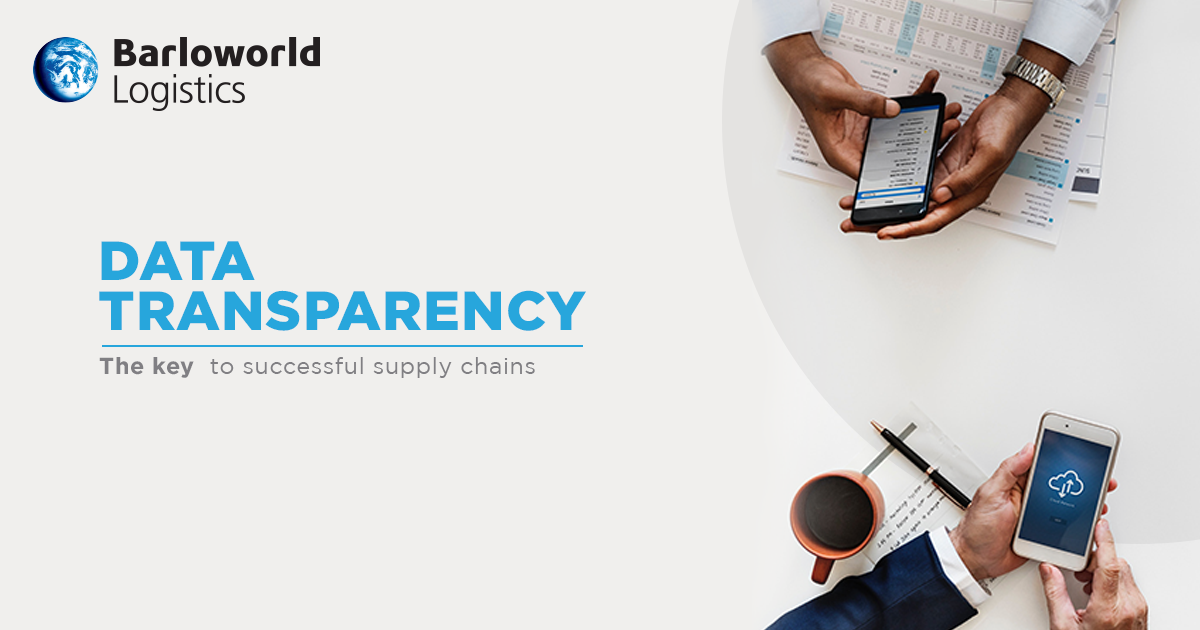
Collaboration and sharing of information are vital to supply chain success. It is well known that information sharing allows companies to make better decisions, leading to improved resource utilisation and ultimately lower supply chain costs. Furthermore, better management of information will enable companies to be more responsive to customer demands.
The quest for a deeper understanding of customers, markets and the competitive landscapes can no longer rely on limited insights and self-generated data, nor can one aspire to gain better insight solely through procuring demographic data from third parties. To fully grasp the ever-changing purchasing behaviours of customers, companies must consider models inclusive of the collaborative exchange of data and insight. This approach will allow access to valuable data far beyond what could be collected by a single source and as such be more likely to provide insights into rapidly changing market conditions enabling adaptive intelligence.
Adaptive intelligence refers to a subset of artificial intelligence that is self-learning and powered by data from across an organisation to combine d previously disparate information into a system that teaches better customer experience. As companies implement adaptive intelligence platforms and applications, they will not only outsmart competitors but gain direct financial benefit as a result of the specialised data that they generate. To accomplish such results, business leaders need to collaborate with leaders in technology to optimise their data capture, storage, analysis and sharing abilities to move towards making that data accessible to the global data economy.
Access to transparent, precise data is a prerequisite for effective supply chain collaboration and coordination. Supply chains are becoming increasingly interconnected necessitating the development of better, structured collaboration models. However, approaches that enable true data transparency are mostly difficult to come across in current models, with the lack of transparency often due to low levels of trust or confidentiality concerns. Progressive companies are developing smart solutions to address this quandary. An example of this is data cleanrooms which are often managed by a third party, permitting the sharing of sensitive data such as consumer demand, asset utilisation, or even product cost breakdown, in a legal and secure data environment that allows participants to identify opportunities for shared value creation better.
To adapt to the current and anticipated quick pace of innovation in digital technologies, forward-thinking supply chain organisations must adopt new tools, skills, capabilities, corporate structures and models for trade/partner relationships. Even more so, supply chain executives require a new mindset, which embraces innovative thinking on how supply chains are structured and managed, both physically and digitally.
Stay up to date with our latest insights - subscribe below.



